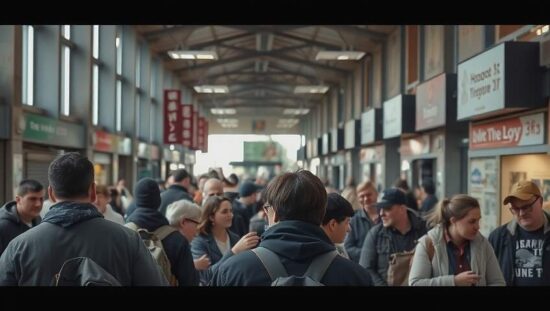A significant shift in German political sentiment has emerged, according to the latest INSA poll commissioned by Bild, revealing a near-tie in voter preference between the center-right CDU/CSU and the far-right Alternative for Germany (AfD). The survey, conducted between October 10th and November 6th, 2024 and encompassing 2,002 respondents, demonstrates a worrying trend for the current governing coalition.
The poll indicates that, were a federal election held this Sunday, CDU/CSU would secure 25.5% of the vote, a slight increase from the previous week. Simultaneously, the AfD experienced a marginal decline, also landing at 25.5%. This unprecedented parity marks the first time since late September that the two parties have been so closely aligned in voter favor.
The Social Democratic Party (SPD), the junior partner in the ruling coalition, maintains its share at 15%, while the Green Party remains steady at 11%. The recently formed BSW also holds firm at 4%. Both the Left and the Free Democratic Party (FDP) registered a slight decrease, now polling at 11% and 3% respectively. Those categorized as “Other” collectively account for 5%, a fractional increase.
Crucially, while the CDU/CSU’s slight gain in the “Sunday question” – a standard indicator of projected election results – provides a superficial boost, the overall picture highlights vulnerability. INSA director Hermann Binkert flagged a concerning element: despite the slight recovery in the CDU/CSU’s projected share, the combined vote share of CDU/CSU and SPD still only reaches 40.5%. He emphasized that this outcome falls short of expectations for a “black-red” (CDU/CSU-SPD) coalition, representing a palpable sense of public dissatisfaction and a potential crisis of confidence in the current government’s trajectory.
The parity with the AfD, potentially fueled by anxieties surrounding migration and economic uncertainty, underscores the complex dynamics shaping German politics and poses a significant challenge for the ruling coalition to regain lost ground and address the underlying drivers of public sentiment. The potential for a fragmented political landscape, increasingly polarized and driven by nationalist appeals, looms large as Germany navigates an uncertain future.





